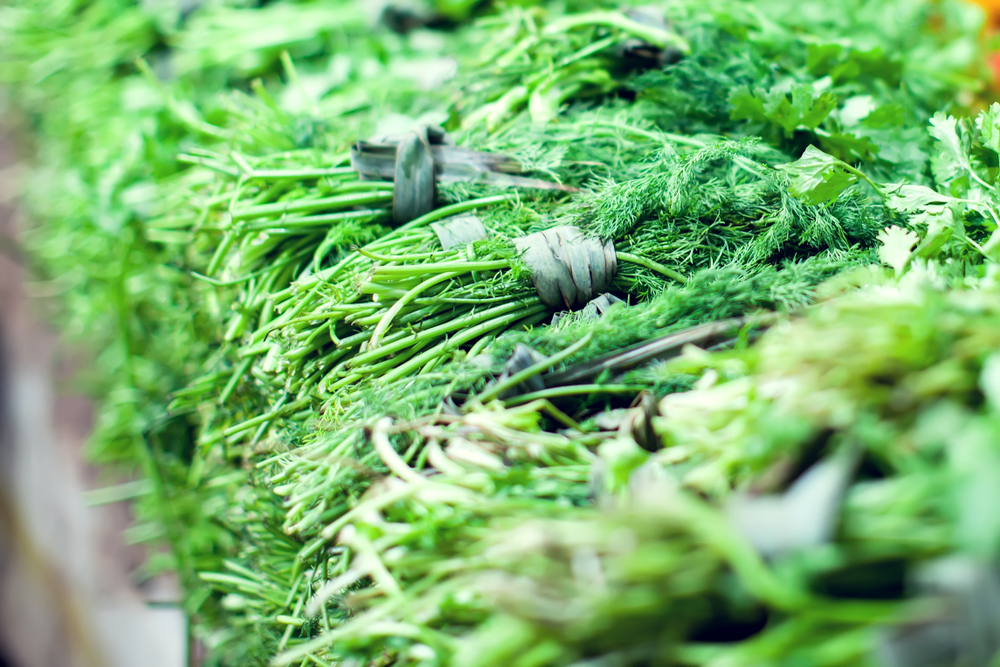One distinguishable characteristic of Greek cuisine is olive oil scented with various herbs and spices. Selected herbs in Greek cuisine don’t only bring out wonderful taste, but they also have valuable curative quality. Ancient texts show that herbs were used to improve low and medium quality olive oil. However, this technique can also be used on high quality olive oil as well to improve the overall flavor. The traditional way of doing this is by putting olive oil in large earthenware jars and sprigs of oregano and other herbs are placed insider. The antioxidative qualities of herbs are already well known through various researches. Oregano, basil and rosemary are well known for their health benefits when consumed regularly.
Beef or fish seasoned with salt and pepper could be added with oil that has been infused with thyme, sage and rosemary. The combination of healthy mayonnaise and oregano can deliver excellent antioxidative properties. When it comes to handling wild herbs, there are some rules that you need to be aware of
- Harvest the blossomed tops, shoots and leaves during the afternoon hours. At this time, active substance will accumulate inside these sections.
- Closely examine herbs before you harvest them. Make sure that they are safe and edible.
- Avoid wild greens and herbs that grow near ditches and on road sides.
- Be careful when harvesting on spring or early summer, because it’s the time when farmers spray pesticides.
- Choose only healthier and green looking herbs.
- Never uproot the entire herb plant. Only trim the usable parts of the plant. Give a chance for these plant to grow again, so you can harvest them in one or two months.
- When harvesting, you should make sure that it is enough to last for 5 days and no more. Herbs will lose their flavour and curative qualities after this period.
- Don’t leave herbs in plastic or nylon bags. Also avoid exposing it under direct sunlight. Store in cool, dry areas with good air circulation.
It’s best to use wild herbs at the same day of harvest. It will have the most potent scent, flavour and curative properties. If you want to store wild herbs in the fridge, you shouldn’t wash or rinse them. High humidity could degrade the quality of wild herbs. Store them at the lowest compartment to avoid exposing them to extreme cold. Before using wild herbs, make sure to remove soil and any yellow leaf. Wild herbs with smaller stems and thin leaves will have lower shelf life, so you should use them as soon as possible. Wild asparagus and chicory could turn yellow and wither quite easily even inside the fridge, so you should use them soon.
When washing wild herbs, you shouldn’t soak them, because you may lose much of the nutrients and beneficial substances. When rinsing, you should do it under running water and pay attention to the root section and leaves. The root section often has concentrated level of beneficial substances, so you should consume them, if possible.





